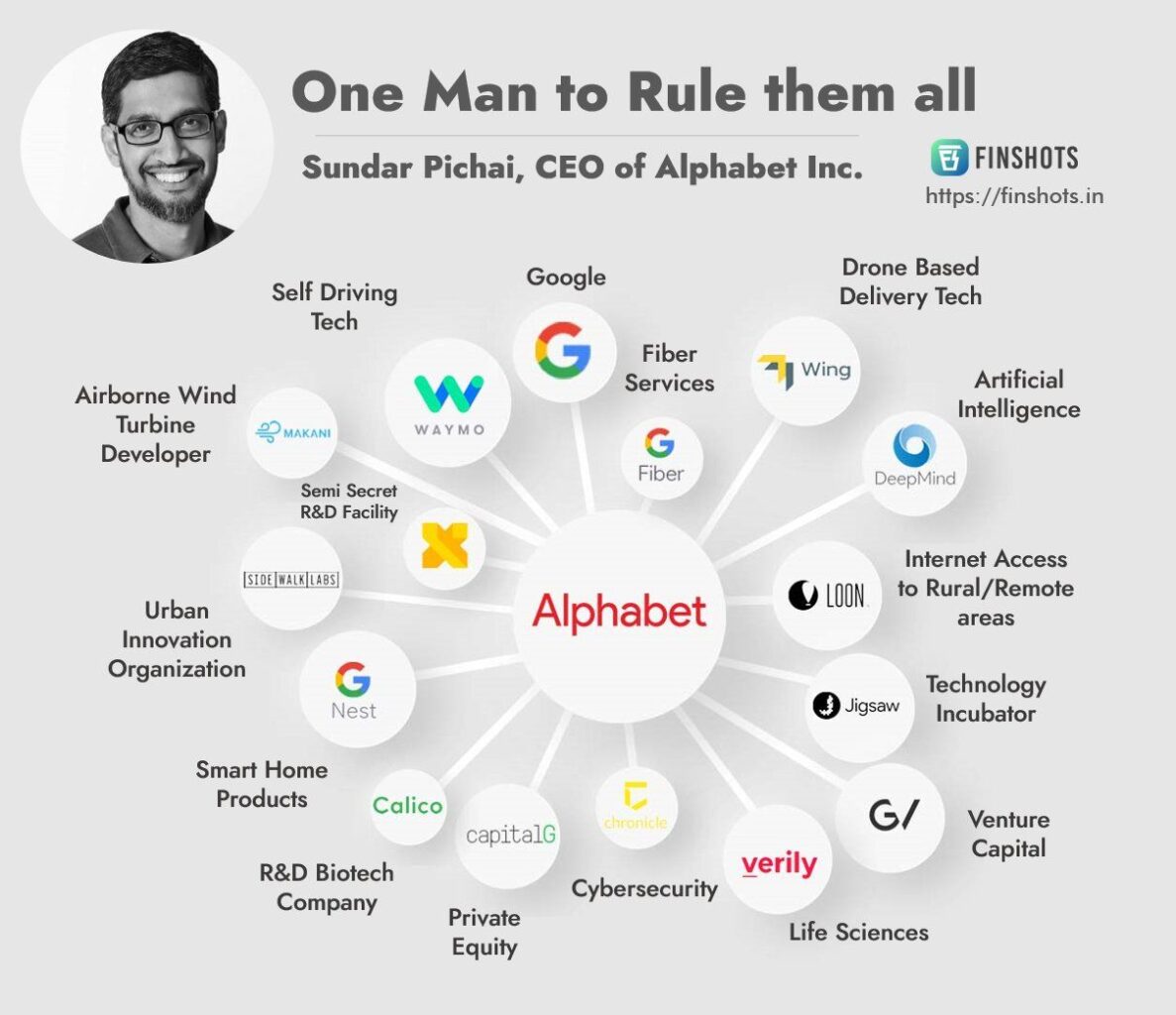Staff Report –
WASHINGTON, D.C. – Attorneys general in 36 states and the District of Columbia are suing tech giant Alphabet Inc. under antitrust laws in the United States alleging that Google is running an illegal and unfair monopoly.
Maryland Attorney General Brian E. Frosh joined the coalition of 37 attorneys general Wednesday in the lawsuit against Google alleging exclusionary conduct relating to the Google Play Store for Android mobile devices and Google Billing.
The lawsuit is the newest legal action against the tech giant, claiming illegal, anticompetitive, and unfair business practices. The states accuse Google of using its dominance to unfairly restrict competition with the Google Play Store, harming consumers by limiting choice and driving up app prices.
“We allege that Google engaged in a series of actions that were designed to protect its monopoly and crush competition,” Maryland Attorney General Frosh said in an announcement. “Those actions harm consumers.”
The lawsuit centers on Google’s exclusionary conduct, which substantially shuts out competing app distribution channels. Google also requires that app developers that offer their apps through the Google Play Store use Google Billing as a middleman.
Google also holds a near monopoly in web advertising and should be sued for under counting traffic on news sites and under paying for advertising, although that is not included as part of this legal action (disclaimer: the New American Journal is in active talks with attorneys about leading a class action lawsuit against Google for its unfair and illegal trade practices in the web advertising business).
Congress is involved in investigating the Google monopoly, led by the House Judiciary Committee, although it’s not clear that members of Congress know enough about the technology to ask the right questions.
This arrangement, which ties a payment processing system to an app distribution channel, forces app consumers to pay Google’s commission – up to 30 percent – on in-app purchases of digital content made by consumers through apps that are distributed via the Google Play Store.
The commission is much higher than consumers would pay if they had the ability to choose one of Google’s competitors. The lawsuit alleges that Google works to discourage or prevent competition, violating federal and state antitrust laws.
Google had earlier promised app developers and device manufacturers that it would keep Android “open source,” allowing developers to create compatible apps and distribute them without unnecessary restrictions. The lawsuit says Google did not keep that promise.
When Google launched its Android OS, it originally marketed it as an “open source” platform. By promising to keep Android open, Google successfully enticed OEMs – mobile device manufacturers such as Samsung – and MNOs – mobile network operators such as Verizon – to adopt Android, and more importantly, to forgo competing with Google’s Play Store at that time.
Once Google had obtained the “critical mass” of Android OS adoption, Google moved to close the Android OS ecosystem – and the relevant Android App Distribution Market – to any effective competition by, among other things, requiring OEMs and MNOs to enter into various contractual and other restraints. These contractual restraints disincentivize and restrict OEMs and MNOs from competing (or fostering competition) in the relevant market.
The lawsuit alleges that Google’s conduct constitutes unlawful monopoly maintenance, among other claims.
The attorneys general also allege that Google engaged in the following conduct, all aimed at enhancing and protecting Google’s monopoly position over Android app distribution:
* Google imposes technical barriers that strongly discourage or effectively prevent third-party app developers from distributing apps outside the Google Play Store. Google builds into Android a series of security warnings (regardless of actual security risk) and other barriers that discourage users from downloading apps from any source outside Google’s Play Store, effectively foreclosing app developers and app stores from direct distribution to consumers.
* Google has not allowed Android to be “open source” for many years, effectively cutting off potential competition. Google forces OEMs that wish to sell devices that run Android to enter into agreements called “Android Compatibility Commitments” or ACCs. Under these “take it or leave it” agreements, OEMs must promise not to create or implement any variants or versions of Android that deviate from the Google-certified version of Android.
* Google’s required contracts hinders competition by forcing Google’s proprietary apps to be “pre-loaded” on essentially all devices designed to run on the Android OS, and requires that Google’s apps be given the most prominent placement on device home screens.
Google “buys off” its potential competition in the market for app distribution. Google has successfully persuaded OEMs and MNOs not to compete with Google’s Play Store by entering into arrangements that reward OEMs and MNOs with a share of Google’s monopoly profits.
* Google forces app developers and app users alike to use Google’s payment processing service, Google Play Billing, to process payments for in-app purchases of content consumed within the app. Thus, Google is unlawfully tying the use of Google’s payment processor, which is a separate service within a separate market for payment processing within apps, to distribution through the Google Play Store. By forcing this tie, Google is able to extract an exorbitant processing fee as high as 30% for each transaction, which is more than ten times as high as the fee charged by Google’s competitors on the internet. These fees are ordinarily passed onto consumers who purchase apps through the Google Play Store.
Joining Attorney General Frosh in the lawsuit are the attorneys general from Alaska, Arkansas, Arizona, California, Colorado, Connecticut, Delaware, the District of Columbia, Florida, Idaho, Indiana, Iowa, Kentucky, Massachusetts, Minnesota, Mississippi, Missouri, Montana, Nebraska, Nevada, New Hampshire, New Jersey, New Mexico, New York, North Carolina, North Dakota, Oklahoma, Oregon, Rhode Island, South Dakota, Tennessee, Utah, Vermont, Virginia, Washington and West Virginia.
Before you continue, I’d like to ask if you could support our independent journalism as we head into one of the most critical news periods of our time in 2024.
The New American Journal is deeply dedicated to uncovering the escalating threats to our democracy and holding those in power accountable. With a turbulent presidential race and the possibility of an even more extreme Trump presidency on the horizon, the need for independent, credible journalism that emphasizes the importance of the upcoming election for our nation and planet has never been greater.
However, a small group of billionaire owners control a significant portion of the information that reaches the public. We are different. We don’t have a billionaire owner or shareholders. Our journalism is created to serve the public interest, not to generate profit. Unlike much of the U.S. media, which often falls into the trap of false equivalence in the name of neutrality, we strive to highlight the lies of powerful individuals and institutions, showing how misinformation and demagoguery can harm democracy.
Our journalists provide context, investigate, and bring to light the critical stories of our time, from election integrity threats to the worsening climate crisis and complex international conflicts. As a news organization with a strong voice, we offer a unique, outsider perspective that is often missing in American media.
Thanks to our unique reader-supported model, you can access the New American journal without encountering a paywall. This is possible because of readers like you. Your support keeps us independent, free from external influences, and accessible to everyone, regardless of their ability to pay for news.
Please help if you can.
American journalists need your help more than ever as forces amass against the free press and democracy itself. We must not let the crypto-fascists and the AI bots take over.
See the latest GoFundMe campaign here or click on this image.
Don't forget to listen to the new song and video.
Just because we are not featured on cable TV news talk shows, or TikTok videos, does not mean we are not getting out there in search engines and social media sites. We consistently get over a million hits a month.
Click to Advertise Here
















